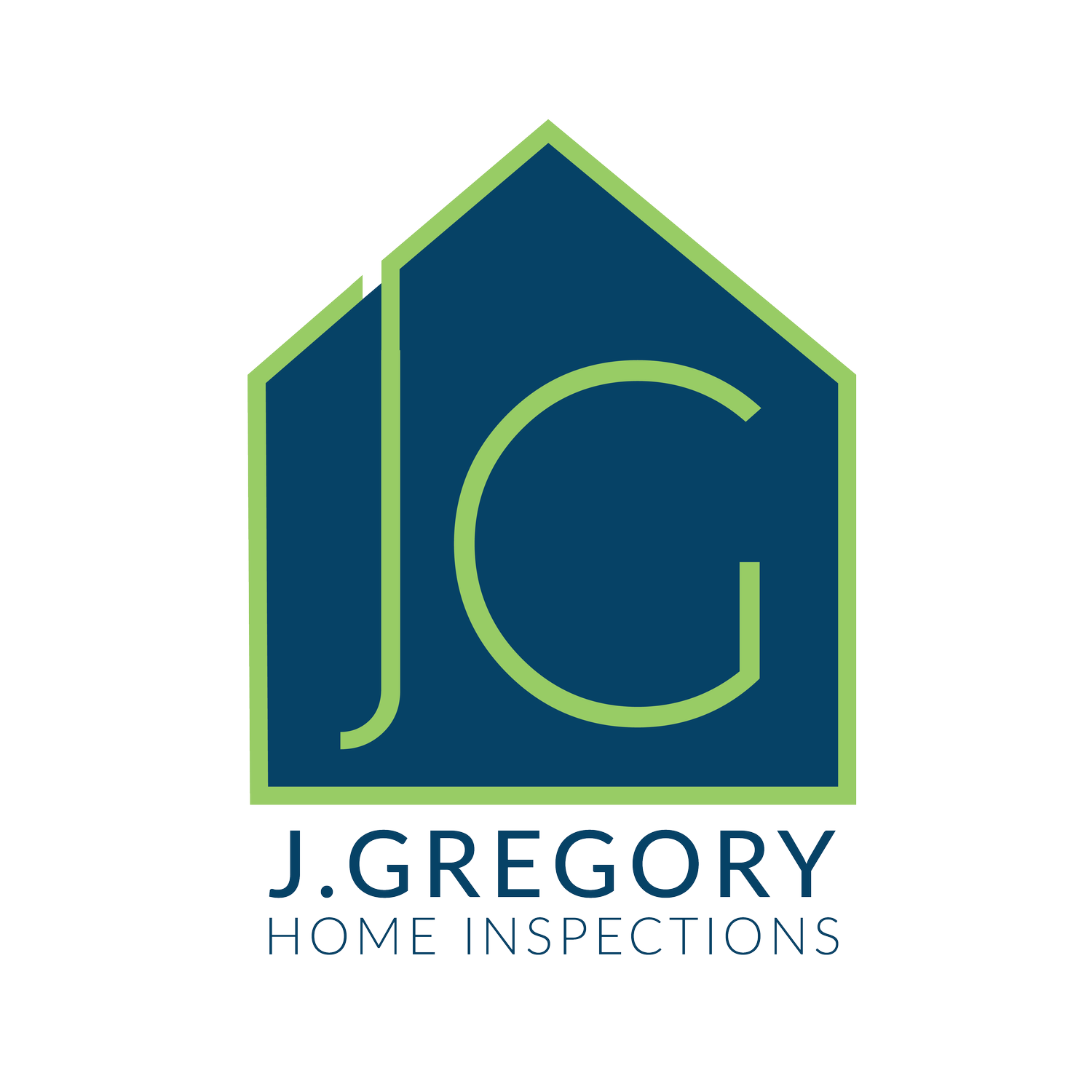Maintaining Your Home's HVAC System: A Comprehensive Guide
Your home's HVAC (Heating, Ventilation, and Air Conditioning) system is a critical component for maintaining comfort throughout the year. Proper maintenance not only ensures that your system operates efficiently but also extends its lifespan, reduces energy costs, and helps avoid unexpected breakdowns. This guide will walk you through essential HVAC maintenance tips and best practices to keep your system in top shape.
Understanding Your HVAC System
Before diving into maintenance tips, it's important to understand the basic components of your HVAC system:
Thermostat: The control panel for setting your desired temperature.
Furnace: Heats air in the winter.
Air Conditioner: Cools air in the summer.
Heat Pump: Provides both heating and cooling.
Ductwork: Channels that distribute heated or cooled air throughout your home.
Vents: Openings that allow air to flow into rooms.
Filters: Capture dust, pollen, and other particles.
Regular Maintenance Tasks
1. Change Air Filters Regularly
Changing your air filters is one of the simplest and most effective maintenance tasks. Dirty filters restrict airflow, forcing your system to work harder and less efficiently. Replace filters every 1-3 months, depending on the type of filter and whether you have pets or allergies.
2. Schedule Annual Professional Inspections
An annual inspection by a certified HVAC technician can catch potential issues before they become major problems. During an inspection, the technician will:
Check and clean the coils.
Inspect the blower and motor.
Verify the thermostat's accuracy.
Check refrigerant levels.
Inspect and tighten electrical connections.
3. Clean Ductwork and Vents
Dust and debris can accumulate in your ductwork, reducing airflow and indoor air quality. Have your ducts professionally cleaned every 3-5 years. Additionally, regularly vacuum and dust vents and registers to keep them free of obstructions.
4. Maintain the Outdoor Unit
If your system includes an outdoor unit (like an air conditioner or heat pump), keep it clear of debris such as leaves, grass, and dirt. Ensure there’s at least two feet of clearance around the unit for proper airflow. Also, clean the unit’s fins with a garden hose and gently straighten any bent fins with a fin comb.
Seasonal Maintenance Tips
Spring
Inspect the AC Unit: Before summer arrives, ensure your air conditioner is ready. Clean the outdoor condenser unit and replace the filter.
Test the System: Turn on your AC to ensure it’s working properly. Listen for unusual noises and check for adequate cooling.
Fall
Furnace Check-Up: Before the cold weather hits, have your furnace inspected. Clean the burners, inspect the heat exchanger, and replace the filter.
Test the Thermostat: Ensure your thermostat is functioning correctly. Consider upgrading to a programmable or smart thermostat for better control and energy savings.
Energy Efficiency Tips
1. Upgrade Your Thermostat
A programmable or smart thermostat can optimize your HVAC system’s performance. Program it to reduce heating or cooling when you’re not home and set it to start warming or cooling before you return.
2. Seal Windows and Doors
Proper insulation and sealing of windows and doors prevent drafts, helping your HVAC system maintain the desired temperature more efficiently.
3. Insulate Your Home
Ensure your home is well-insulated, especially the attic, walls, and floors. Good insulation keeps warm air in during the winter and cool air in during the summer, reducing the load on your HVAC system.
Signs Your HVAC System Needs Professional Attention
Even with regular maintenance, your HVAC system may show signs that it needs professional repair or replacement:
Unusual Noises: Banging, clanking, or screeching sounds.
Inconsistent Temperatures: Rooms that are too hot or too cold.
High Energy Bills: A sudden spike in energy costs.
Frequent Cycling: The system turns on and off frequently.
Poor Air Quality: Increased dust or humidity levels.
Regular maintenance of your HVAC system is essential for keeping your home comfortable, ensuring energy efficiency, and extending the system’s life. By following the tips outlined in this guide, you can avoid costly repairs, reduce energy bills, and maintain a healthy indoor environment. Remember, while some tasks can be done by homeowners, others require the expertise of a professional HVAC technician. Schedule annual inspections and don't hesitate to call a professional if you notice any signs of trouble. Your comfort and safety are worth the investment.


